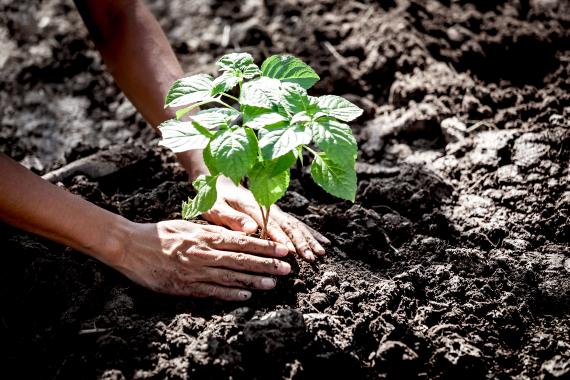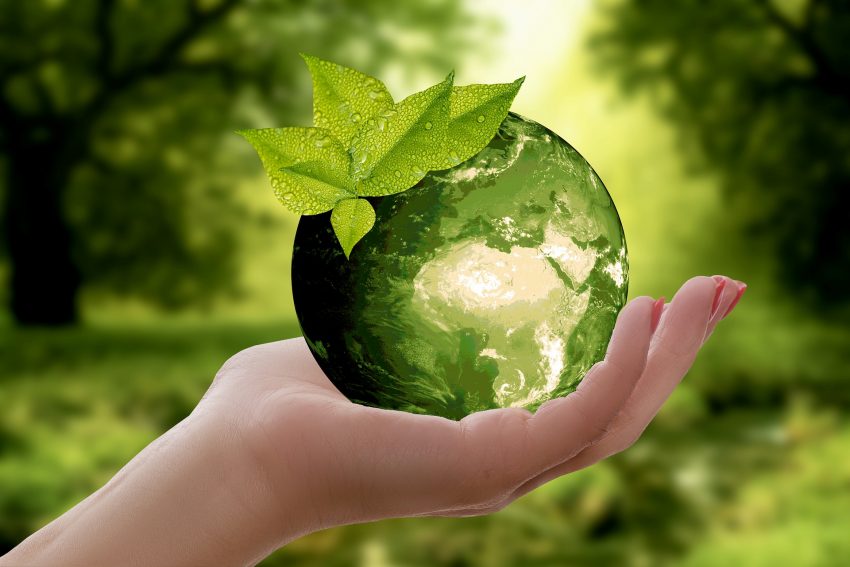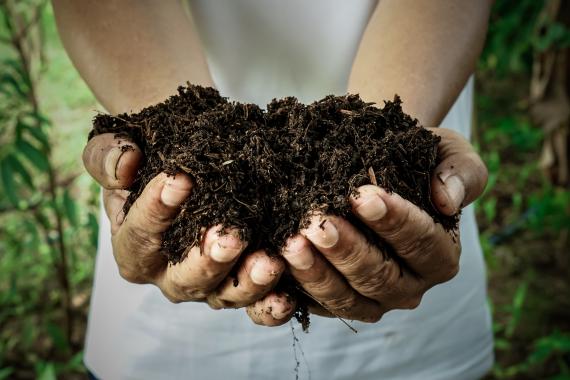
Ecology is the study of the interaction of all living organisms in the ecosystem. It studies the complexity of physical interactions among trees, plants, animals, humans and the smallest microorganisms under the earth – on how their behavior affects the atmosphere. Ecology helps us to interpret the world around us and can positively influence us to improve the environment and manage our natural resources in a sustainable way.
There are actually four types of ecology.
Molecular Ecology
Molecular ecology focuses on the production of proteins, how these proteins affect the organisms and the environment and vice versa. For example, DNA is in every cell in the organism and tells cells what proteins to make. Molecular Ecology is about the study of how these proteins are created, how they affect the organism and environment, and how the environment, in turn, affects them.
Organismal Ecology
It deals with a single organism and its interactions with other living organisms and the environment. It would be impossible to study all living organism because of their huge variety and multiple interactions over time. Hence, organismal ecology focuses on only one aspect of the organism such as its behavior or the way it processes nutrients in its environment. For example, a study of how a jaguar hunts its prey and the level of success or failure could guarantee the survival or extinction of its specie. In this way, an organismal ecology could help to develop conservation projects to protect animal species.
Population Ecology
It is the study of populations of organisms and the complexity of their interactions. Some species develop different strategies to compete among each other (tigers), to live in groups (lions), form social bonds and work cooperatively to secure resources (elephants), work together to provide for the colony (ants). For instance, we get abundant honey because flowers are pollinated worldwide thanks to the study of the bee colonies.
Community Ecology
Different populations create different communities. These communities create their own niches for organisms to fill in. For example, various ants live off the nutrients collected by a maize crop in a maize field. Certain bacteria occupy the roots, where they transform nitrogen for the plant. It is a kind of win-win situation for both plant and insect. In this way, community ecology helps to produce crops more efficiently.
What does ecology have to do with me?
Ecology is also how humans interact with each other – the way we behave and how we find our food. Our impact on earth has been terrible and devastating over the last 50 years. Understanding ecology is to learn to sustain our resources.



2 thoughts on “What is ecology ?”